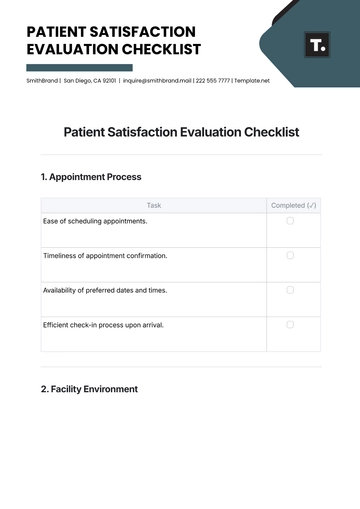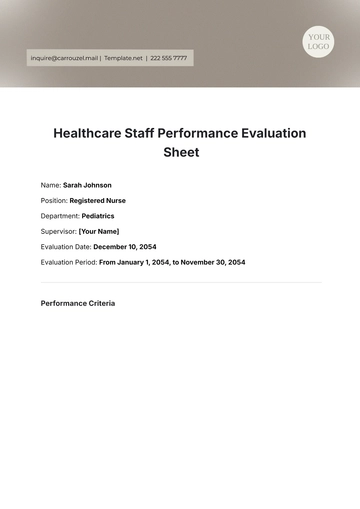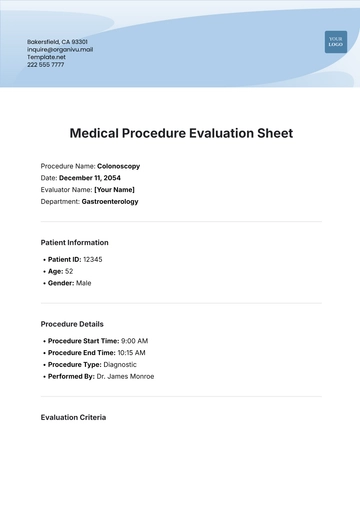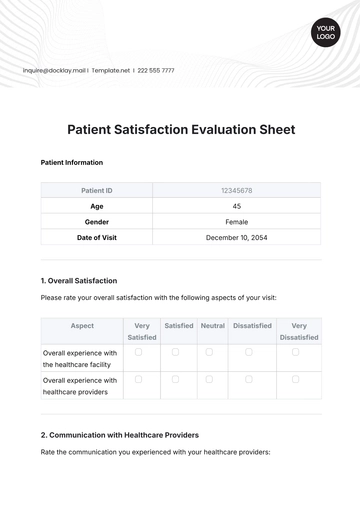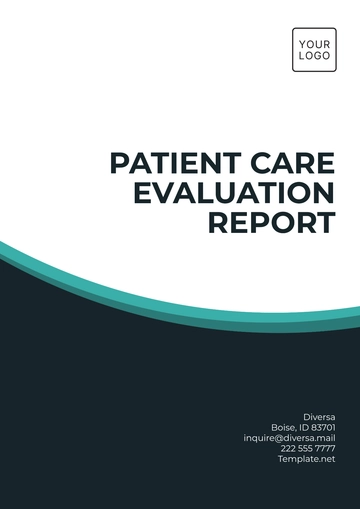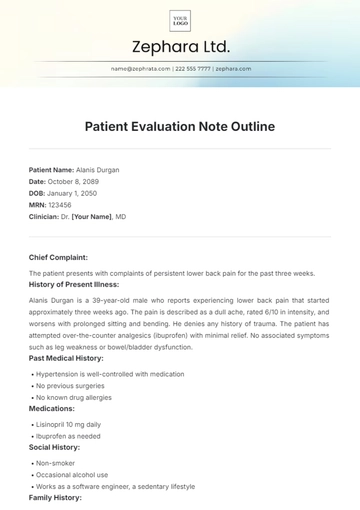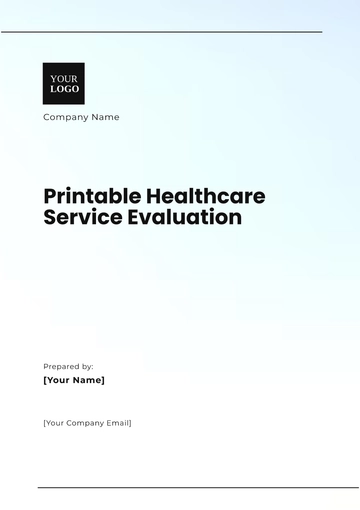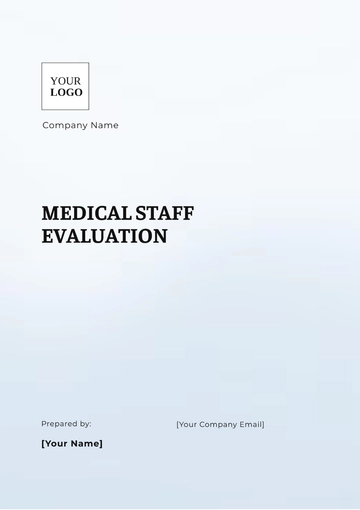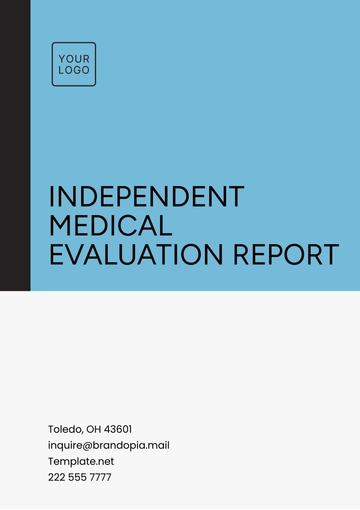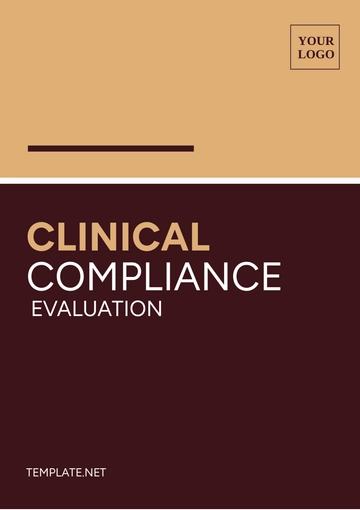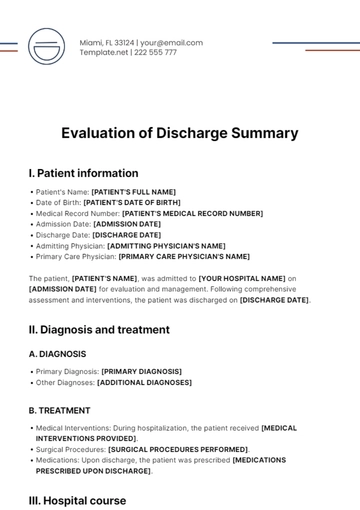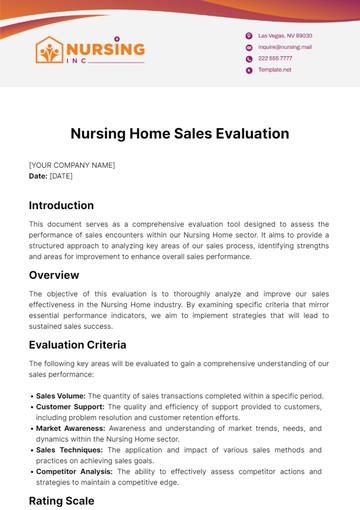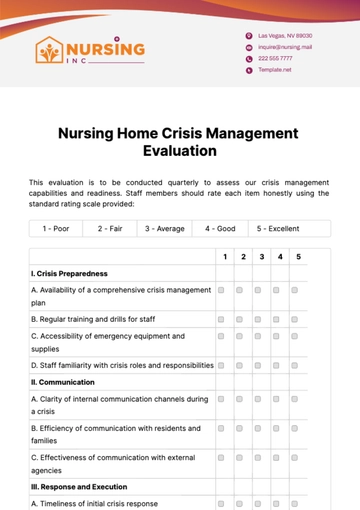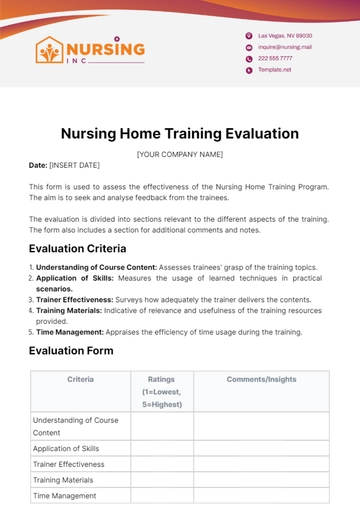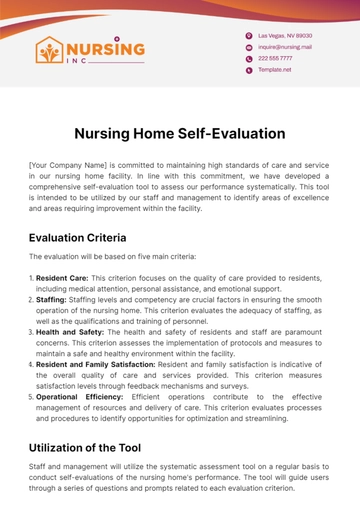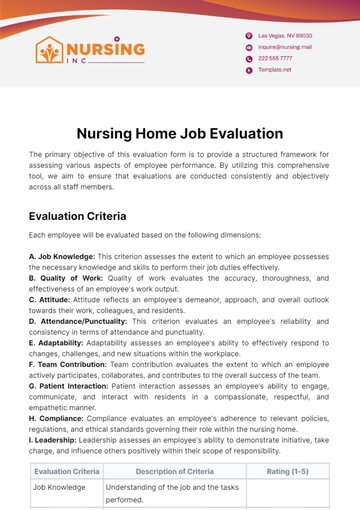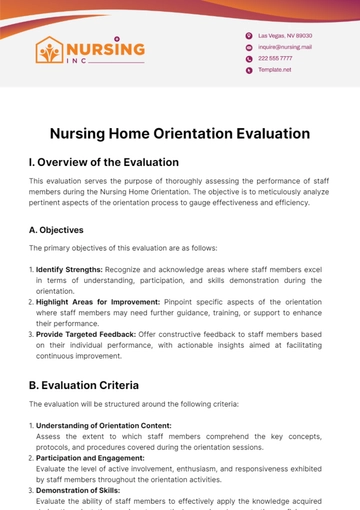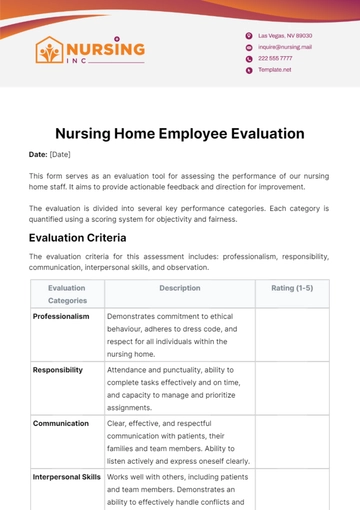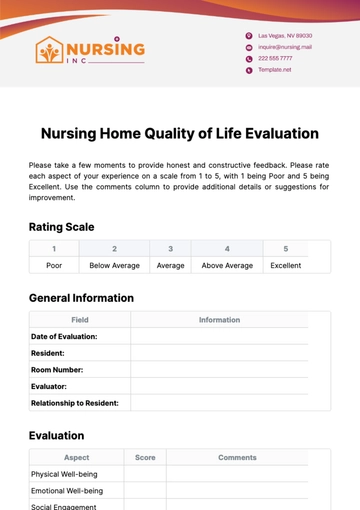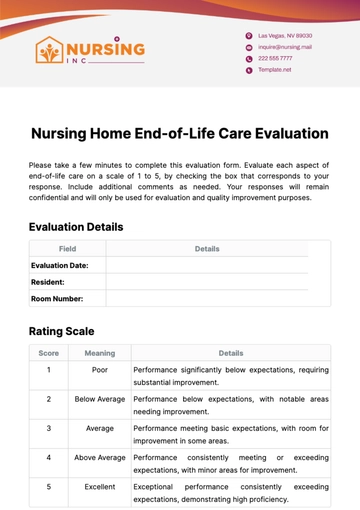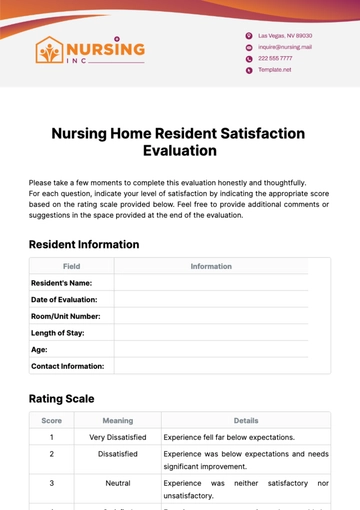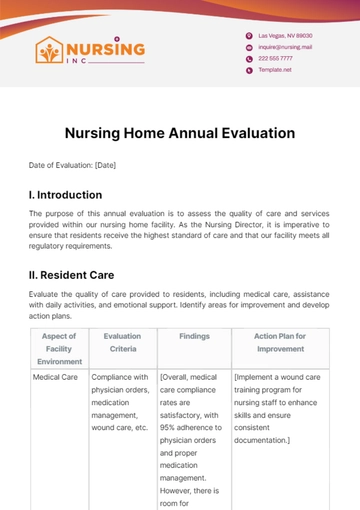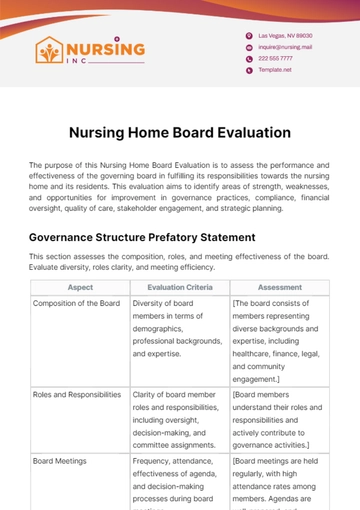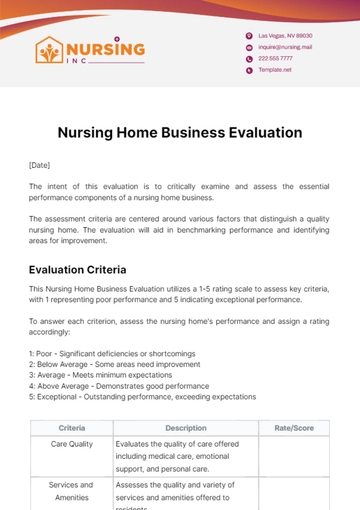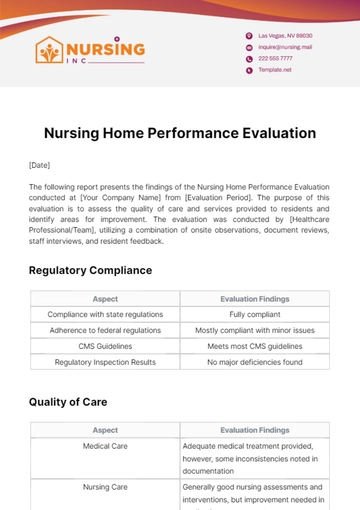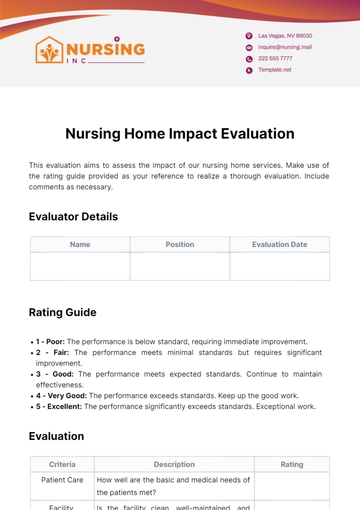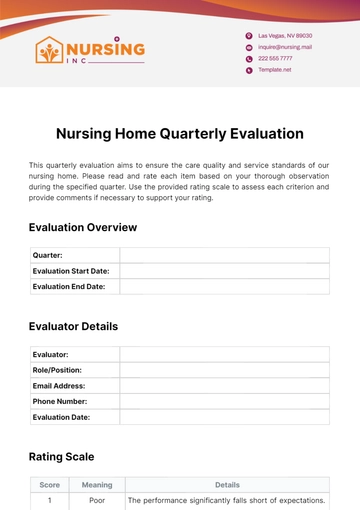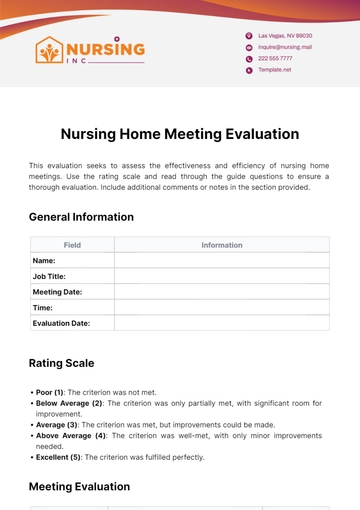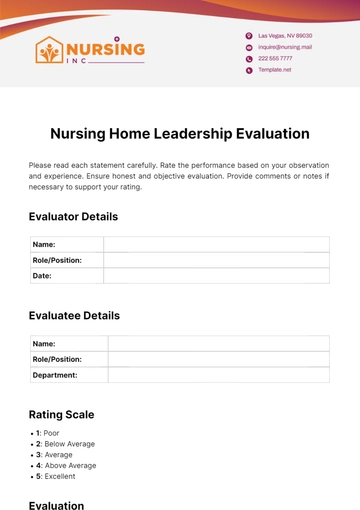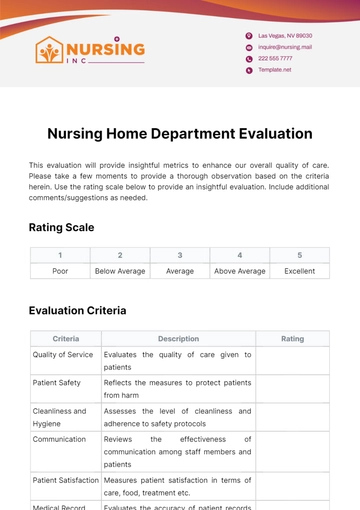Free Nursing Home Board Evaluation
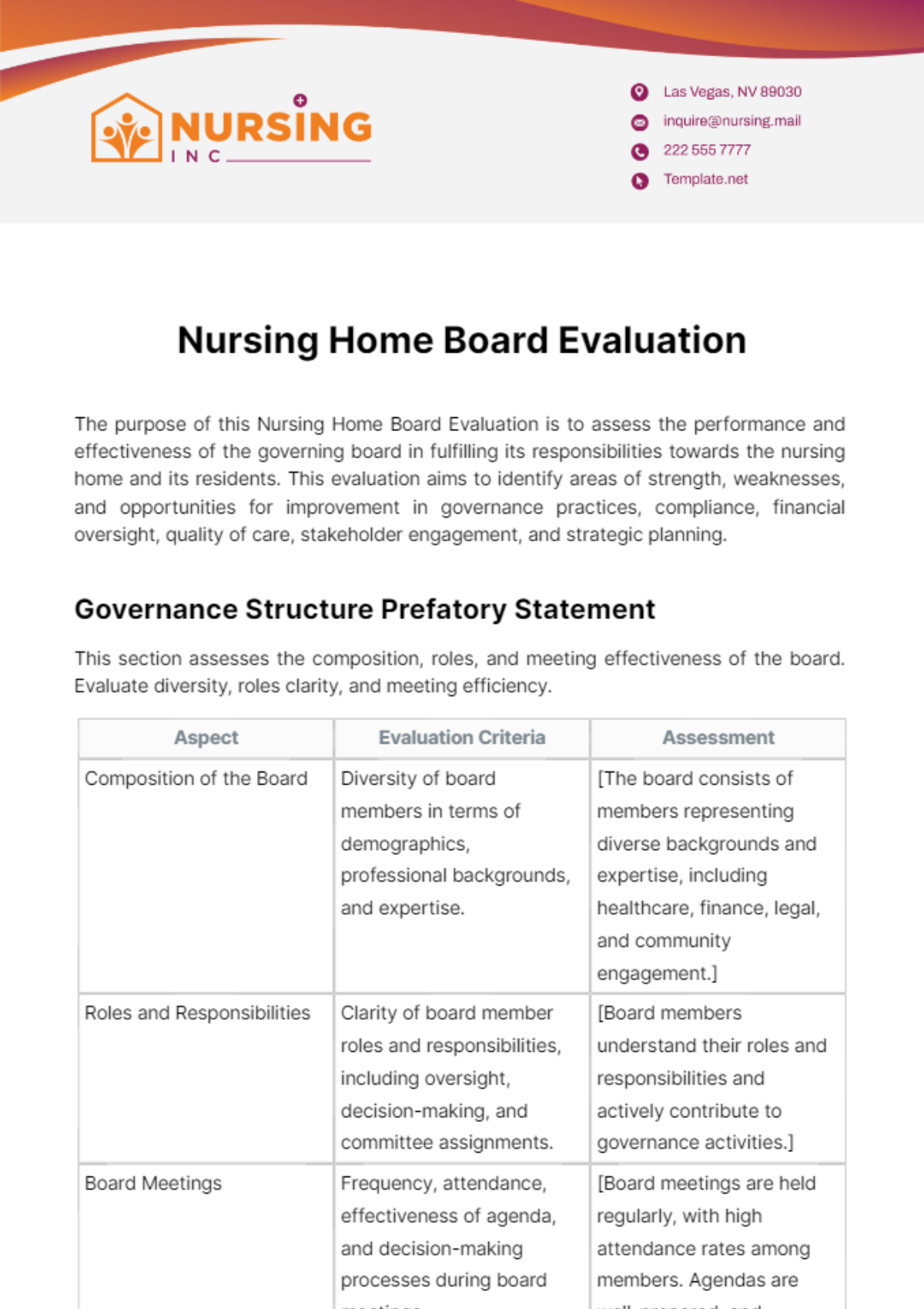
The purpose of this Nursing Home Board Evaluation is to assess the performance and effectiveness of the governing board in fulfilling its responsibilities towards the nursing home and its residents. This evaluation aims to identify areas of strength, weaknesses, and opportunities for improvement in governance practices, compliance, financial oversight, quality of care, stakeholder engagement, and strategic planning.
Governance Structure Prefatory Statement
This section assesses the composition, roles, and meeting effectiveness of the board. Evaluate diversity, roles clarity, and meeting efficiency.
Aspect | Evaluation Criteria | Assessment |
|---|---|---|
Composition of the Board | Diversity of board members in terms of demographics, professional backgrounds, and expertise. | [The board consists of members representing diverse backgrounds and expertise, including healthcare, finance, legal, and community engagement.] |
Roles and Responsibilities | Clarity of board member roles and responsibilities, including oversight, decision-making, and committee assignments. | [Board members understand their roles and responsibilities and actively contribute to governance activities.] |
Board Meetings | Frequency, attendance, effectiveness of agenda, and decision-making processes during board meetings. | [Board meetings are held regularly, with high attendance rates among members. Agendas are well-prepared, and decisions are made in a timely manner.] |
Compliance and Regulatory Oversight Prefatory Statement
Evaluate understanding, monitoring, and responsiveness to regulations. Assess knowledge, effectiveness of monitoring mechanisms, and responsiveness to regulatory changes.
Aspect | Evaluation Criteria | Assessment |
|---|---|---|
Understanding of Regulations | Knowledge and awareness of federal, state, and local regulations governing nursing home operations. | |
Compliance Monitoring | Effectiveness of monitoring mechanisms to ensure compliance with regulations and industry standards. | |
Regulatory Updates | Mechanisms for staying informed about regulatory changes and updating policies and practices accordingly. |
Financial Oversight Prefatory Statement
Assess budgeting, reporting, financial performance, and audit controls. Review budget process, transparency, financial performance, and internal controls.
Aspect | Evaluation Criteria | Assessment |
|---|---|---|
Budgeting Process | Effectiveness of the budgeting process, including development, approval, and alignment with organizational goals. | |
Financial Reporting | Transparency and accuracy of financial reporting, including income statements, balance sheets, and cash flow statements. | |
Financial Performance | Assessment of revenue generation, expense management, cash flow, and adherence to budgetary targets. | |
Audit and Internal Controls | Oversight of external audits, internal controls, and risk management practices to ensure financial integrity and accountability. |
Quality of Care Prefatory Statement
Evaluate resident care, staffing, and engagement. Examine quality initiatives, staff recruitment, and resident and family involvement.
Aspect | Evaluation Criteria | Assessment |
|---|---|---|
Resident Care | Implementation of quality improvement initiatives, patient safety measures, and health outcomes monitoring. | |
Staffing | Recruitment, training, and retention of qualified staff members to ensure adequate care delivery and resident satisfaction. | |
Resident and Family Engagement | Communication strategies, feedback mechanisms, and opportunities for resident and family involvement in care planning and decision-making. |
Stakeholder Engagement Prefatory Statement
Review communication, involvement, and feedback mechanisms. Assess communication effectiveness, stakeholder involvement, and feedback responsiveness.
Aspect | Evaluation Criteria | Assessment |
|---|---|---|
Communication Strategies | Transparency, accessibility, and effectiveness of communication strategies with stakeholders. | |
Stakeholder Involvement | Opportunities for stakeholder involvement in decision-making processes, committees, and community outreach activities. | |
Feedback Mechanisms | Mechanisms for soliciting feedback from stakeholders, including surveys, focus groups, and complaint resolution procedures. |
Strategic Planning Prefatory Statement
Assess alignment, development, and monitoring of strategic goals. Examine alignment with mission, inclusive planning, and progress monitoring.
Aspect | Evaluation Criteria | Assessment |
|---|---|---|
Long-Term Goals and Objectives | Alignment of board goals with the nursing home's mission, vision, and strategic priorities. | |
Strategic Plan Development | Involvement of stakeholders in strategic planning processes, development of action plans, and allocation of resources. | |
Progress Monitoring | Tracking of key performance indicators, milestones, and timelines to monitor progress towards strategic goals. |
Prepared by: [Your Name]
- 100% Customizable, free editor
- Access 1 Million+ Templates, photo’s & graphics
- Download or share as a template
- Click and replace photos, graphics, text, backgrounds
- Resize, crop, AI write & more
- Access advanced editor
Discover the ultimate solution for assessing Nursing Home Board performance with our Nursing Home Board Evaluation Template from Template.net. This editable and customizable template streamlines governance assessments with our AI Editor Tool. Uncover strengths, weaknesses, and improvement opportunities effortlessly, ensuring optimal care standards. Elevate your board's effectiveness with this comprehensive evaluation tool.
